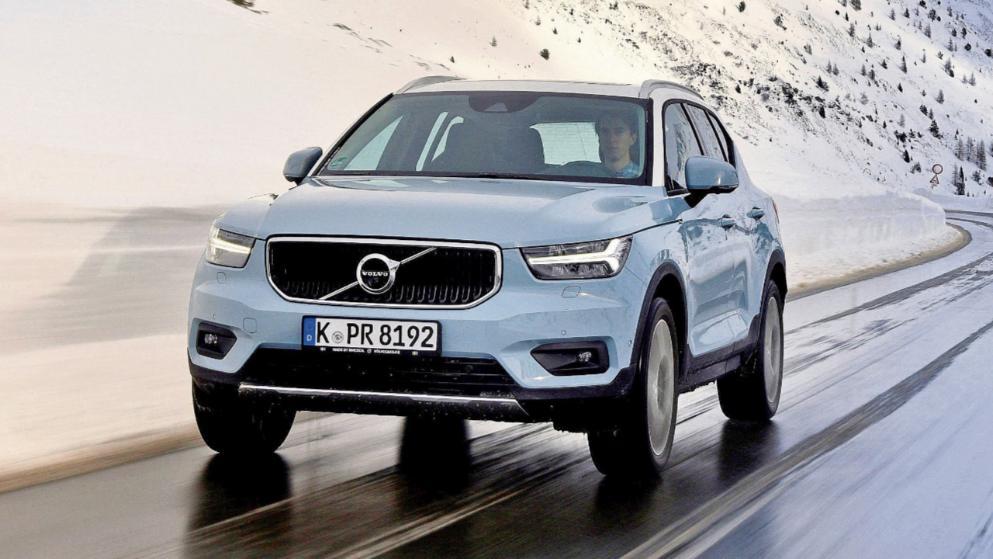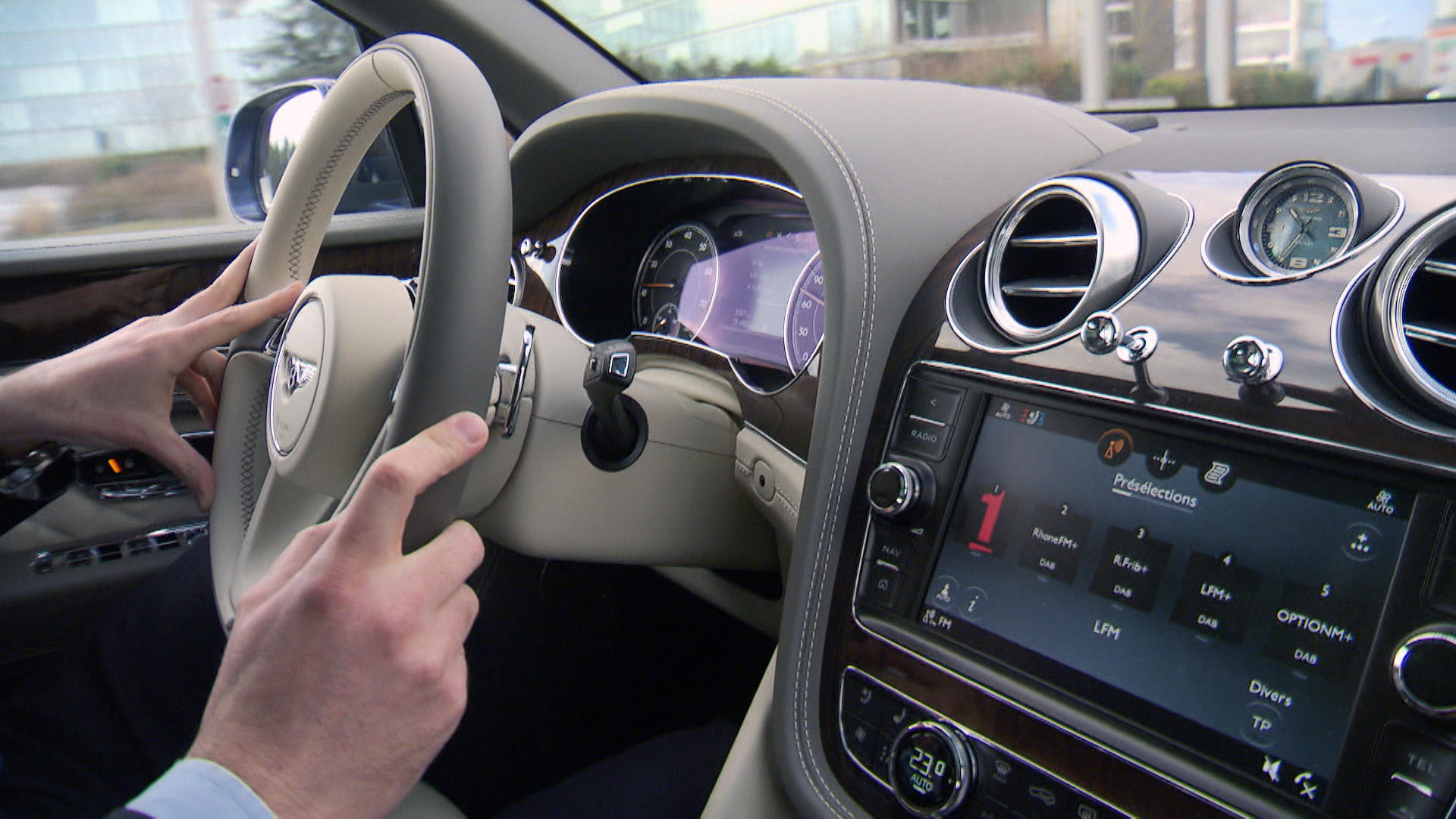
Swiss drive demand for big and powerful cars

In Switzerland large, powerful vehicles make up almost half the fleet. But thanks to technological progress, the environmental impact of this trend is lighter than expected.
The trend for big cars continues this year at the Geneva Motor Show, as well as on Swiss roads. American-style pick-up trucks are no longer as rare a sight as before. However, it is the Sport Utility Vehicle (SUV) that has found fertile ground in the Alpine nation. According to the Federal Roads Office, SUVs now account for almost half of all private vehicles, compared with the average European share of around one third.
In terms of engines, “with a car fleet 25% more powerful than the European average, Switzerland is fond of horsepower”, François Launaz, president of auto-suisse, the umbrella organisation for car importers, told Swiss public television, RTS.

More
The rise of the SUV in Switzerland
But this trend towards larger and more powerful vehicles has not necessarily had catastrophic effects in terms of the environment, because under regulatory pressure, new vehicles pollute less.
In 12 years, cars emitting more than 200g of CO2 per kilometre have virtually disappeared from the new car market, accounting for only 3% of all cars put into service in 2017, compared with 35% in 2005.
In 2010, cars emitting 100g-150g of CO2 accounted for exactly the same market share as those emitting 150g-200g. The most polluting range now accounts for less than a quarter of the market, compared with 62% for the least polluting.
Almost non-existent until 2010, the most environmentally friendly cars (less than 100g CO2) exceeded 10% market share in 2015 but have stagnated since then.
Electricity still marginal
To drastically limit emissions of CO2 or fine particulate matter, a much larger proportion of non-polluting vehicles would be required. But Switzerland is still a long way off. Last year, the share of electric vehicles reached a record high but the share is still quite modest, accounting for only 4% of new vehicles registered.
Last year also saw a reversal of the trend in fossil fuels. The share of petrol cars rose slightly in 2017, with 56% of vehicles registered compared with 54% the previous year. Diesel, on the other hand, declined after years of growth. Its market share was 35% in 2017 compared with 38% the previous year.

In compliance with the JTI standards
More: SWI swissinfo.ch certified by the Journalism Trust Initiative





























You can find an overview of ongoing debates with our journalists here . Please join us!
If you want to start a conversation about a topic raised in this article or want to report factual errors, email us at english@swissinfo.ch.